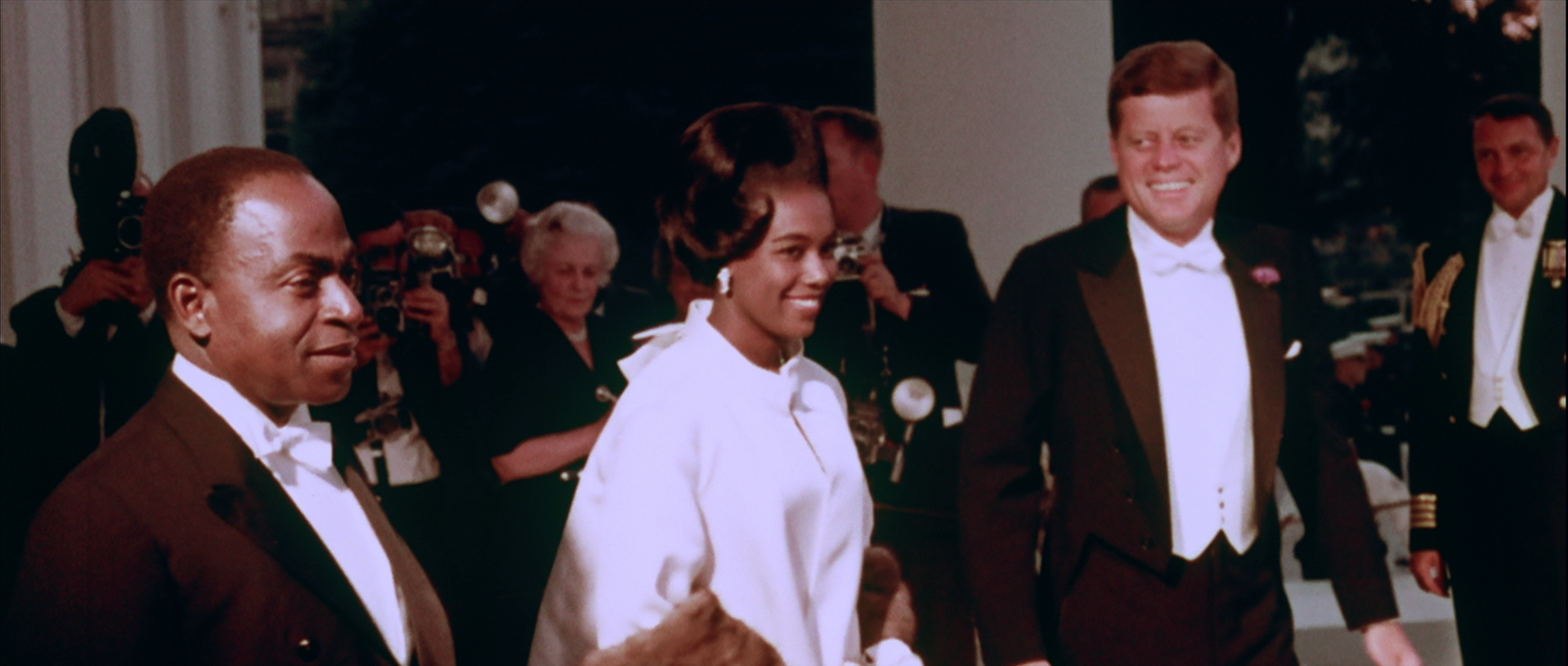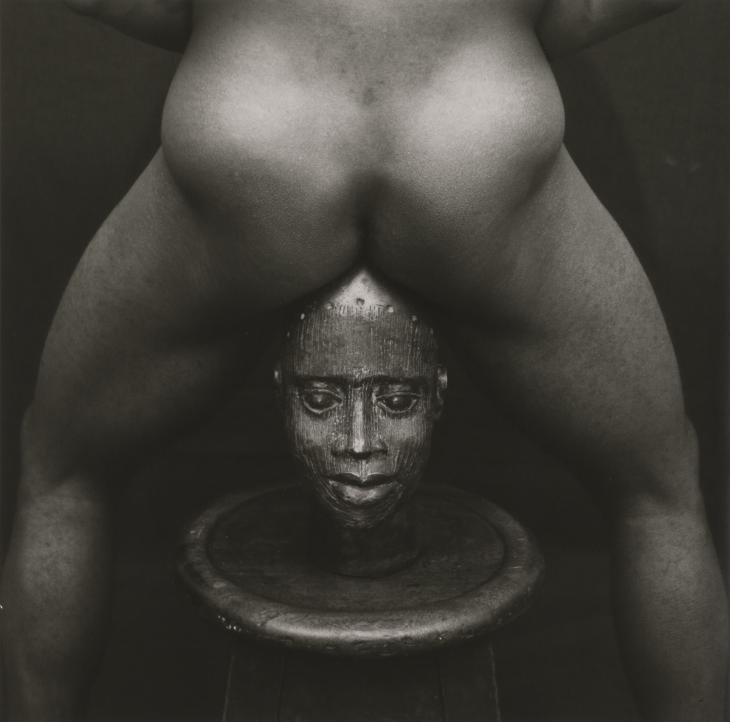Cinematizing the Ghostly Postcolonial Timescape: John Akomfrah & Black Audio Film Collective

Published in Living with Ghosts: A Reader, this long-form essay centres on the film and art practices of Black Audio Film Collective and John Akomfrah, with a specific focus on two works: the feature-length film, Testament, 1988, and the two-channel video installation, Transfigured Night, 2013. The text offers a capacious analysis of these works, bringing together insights from anticolonial critique, the philosophy of history, film theory, and Ga metaphysics to make an argument for these works’ critical aesthetic expressions of the contemporary African postcolonial condition as a distinctly hauntological socio-historical condition.
Full text available to view here.
Excerpt from the text’s introduction:
“I have begun this chapter with the descriptions above to emphasize the layered aesthetic approach with which BAFC and John Akomfrah (one of the collective’s founding members) engages with and materialises the African postcolonial condition, a socio-historical condition that I argue is an inherently spectral condition and which thus requires for its audiovisual explication and meditation, the mobilization of a spectral aesthetics, a decolonial “spectropoetics.” Throughout this chapter, I will be examining the complex ways in which, through allegory, colour filtering, eerie soundscapes, and visual and textual archival excavation and recontextualization – formal methods clearly elaborated in Testament, which BAFC and Akomfrah would go on to refine over many decades – the viewer is keyed into a historical space-time of absent-presences, a haunted space-time, in which the colonial past has not quite passed and the unfulfilled future promise of decolonisation looms large.
Of particular importance to this text is its exploration of the unique capacity of the film medium – its materiality, conditions of production, and modes of reception – to produce a poetics of the spectral, and how such a structure of poetics critically figures what the theorist, Achille Mbembe, has termed the “postcolonial timescape.” Through an analysis of two films, BAFC’s Testament, and Akomfrah’s more recent Transfigured Night, 2013, this chapter will think through how both films’ related meditations on African postcolonial disillusionment are not just spectral in nature but also how they impose active ethical demands on contemporary viewing subjects through their historical conjurings, through their very ability to haunt.”
Image: John Akomfrah, Transfigured Night, 2013. Two channel HD colour video installation, 5.1 sound. 26 minutes 31 seconds. Courtesy of Smoking Dogs Films and Lisson Gallery.








